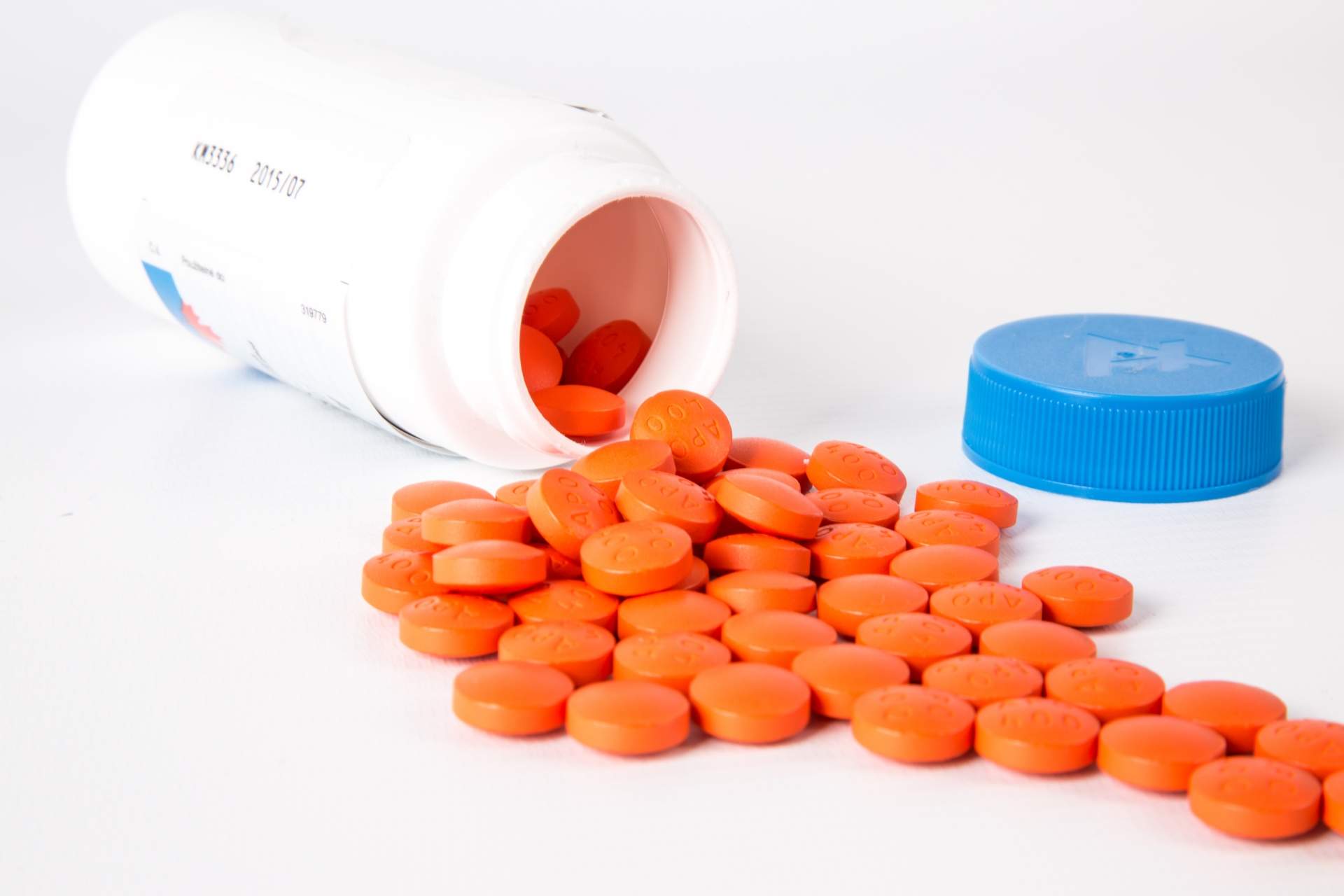
Danish drugmaker Lundbeck has announced its purchase of Prexton Therapeutics, acquiring its drug candidate foliglurax in the deal. The drug is currently in Phase II clinical trials for the treatment of Parkinson’s disease.
Lundbeck is due to make an upfront payment of €100m ($123m), and further payments of up to €805m ($989m) in development, regulatory and sales milestones to the group of current owners.

Discover B2B Marketing That Performs
Combine business intelligence and editorial excellence to reach engaged professionals across 36 leading media platforms.
Foliglurax entered its Phase II clinical trial in July 2017 and is under investigation for symptomatic treatment of ‘off’ time reduction in Parkinson’s disease and dyskinesia (uncontrolled movements), including Levodopa Induced Dyskinesia (LID). Initial data from the trial is due in the first half of 2019.
“By acquiring Prexton, Lundbeck will obtain global rights to foliglurax, an exciting first-in-class compound, and gain full control of the asset,” Lundbeck Anders Götzsche interim CEO and CFO said.
“Foliglurax addresses high unmet needs with its potential indication in Parkinson’s fitting perfectly within Lundbeck’s core areas and this treatment option also appears to be highly interesting for patients, physicians and payors.”
A Phase I trial of foliglurax was successfully completed in 2016, demonstrating its safety and tolerability in patients as well as showing a good pharmacokinetic profile.

US Tariffs are shifting - will you react or anticipate?
Don’t let policy changes catch you off guard. Stay proactive with real-time data and expert analysis.
By GlobalDataThe ongoing Phase II trial has enrolled 165 subjects with Parkinson’s disease in six European countries: the UK, Germany, France, Austria, Spain and Italy. The study will attempt to determine the efficacy of foliglurax in reducing motor complications of levodopa therapy in patients experiencing end-of-dose wearing-off and levodopa-induced dyskinesia. Subjects will be split into three arms, two of which will receive differing oral doses of the treatment (10mg and 30mg) across 28 days in combination with their usual medication. The third arm will receive placebo.
Foliglurax stimulates the metabotropic glutamate receptor 4 (mGluR4), which in turn activates the brain’s compensatory neuronal system that remains largely unaffected by Parkinson’s disease. This could help to balance patients’ dopamine deficiency.
MGluR4 receptors are localised to counteract neurotansmitter imbalance and help to restore normal motor behaviour. As such, researchers hope that foliglurax can be used to treat the effects of the disease on patients’ motor skills, such as resting tremors, muscle rigidity and dyskinesia.
Parkinson’s disease is caused by the degeneration of dopaminergic brain cells and currently affects around six million people worldwide. Current treatment options seek to replace dopamine or mimic its effects, with many patients administered with levodopa, a dopamine precursor. Though this initially alleviates symptoms, over time it loses efficacy and patients increasingly experience complications such as increased ‘off’ time and dyskinesia. Unlike such treatment options, foliglurax has the potential to provide long-term relief to patients.
Prexton was founded in 2012 as a venture of Merck KGaA, designed specifically to research neurological disorders such as Parkinson’s disease. It is based in Oss, Holland and Geneva, Switzerland.
Lundbeck is best known for its production of treatments for psychotic disorders such as depression or schizophrenia, though it also develops medications for neurological disorders including Alzheimer’s disease, Parkinson’s disease, Huntington’s disease, epilepsy and insomnia.





